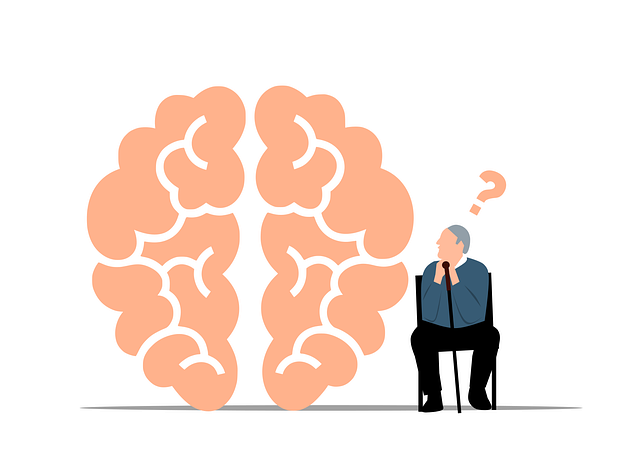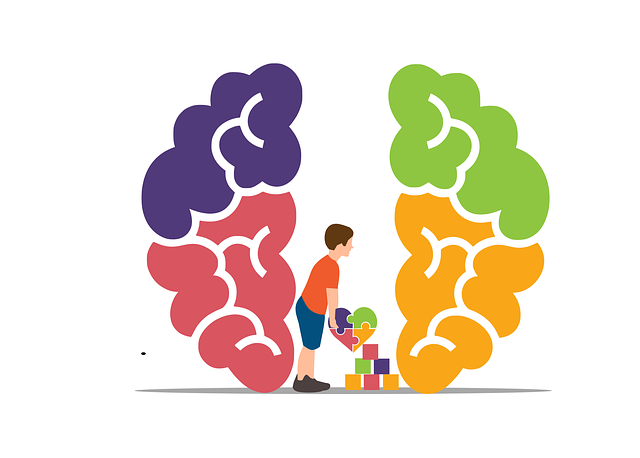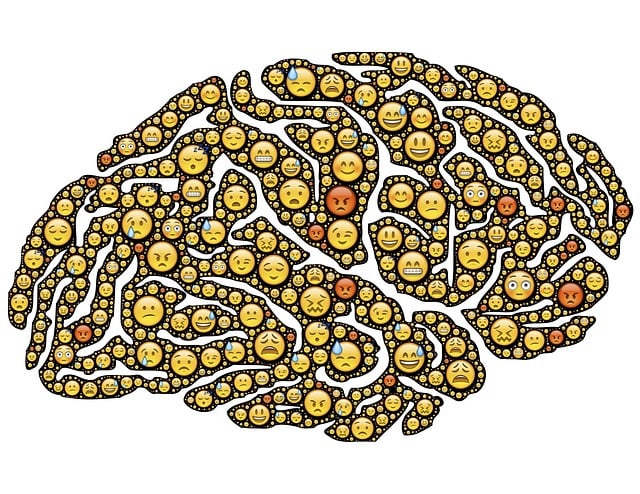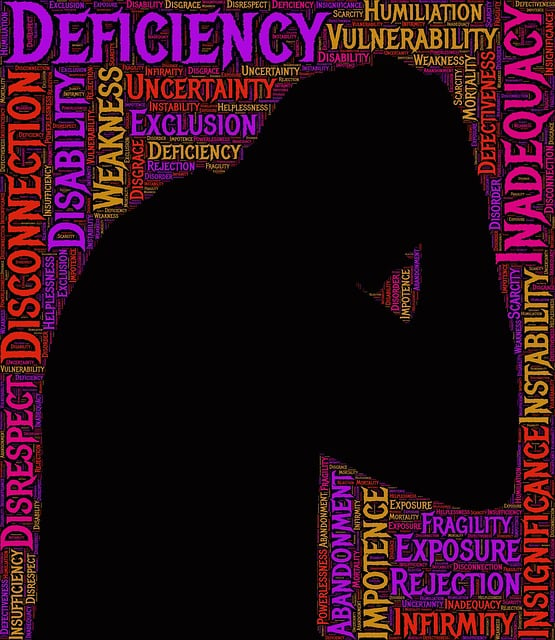In today's interconnected world, Boulder Self-Esteem Therapy focuses on social skills training as a vital tool for maintaining mental well-being, especially for those managing anxiety, depression, or trauma. By developing essential skills like communication, empathy, and conflict resolution, this therapy boosts self-worth, improves relationships, reduces isolation, and aids in managing mental health challenges. Integrating cultural sensitivity, mindfulness, and burnout prevention strategies, Boulder Self-Esteem Therapy offers a holistic approach to recovery, empowering individuals with the confidence to navigate social interactions successfully in personal and professional settings.
Social skills training is a powerful tool for improving mental health outcomes, especially for individuals navigating conditions like anxiety, depression, or social phobias. This article explores the intricate link between social interactions and psychological well-being, highlighting the significance of Boulder Self-Esteem Therapy in fostering social competence. We delve into practical strategies that empower individuals to navigate social challenges, enhance relationships, and ultimately, foster a sense of belonging and improved mental resilience.
- Understanding the Connection Between Social Skills and Mental Health
- The Role of Boulder Self-Esteem Therapy in Building Social Competence
- Practical Strategies for Enhancing Social Interactions and Overcoming Challenges
Understanding the Connection Between Social Skills and Mental Health

In today’s interconnected world, social skills play a pivotal role in our mental well-being. The link between strong social connections and improved mental health is increasingly recognized, especially for individuals managing conditions like anxiety, depression, or trauma. Effective communication, empathy, and the ability to navigate interpersonal interactions are crucial components of recovery and overall happiness.
Boulder Self-Esteem Therapy, for instance, focuses on empowering individuals to develop these essential social skills, fostering a sense of belonging and self-worth. By learning conflict resolution techniques, building assertiveness, and enhancing emotional intelligence, clients can improve their relationships, reduce feelings of isolation, and effectively manage mental health challenges. Moreover, public awareness campaigns development around mental health and burnout prevention can further highlight the value of social skills training as a proactive approach to well-being.
The Role of Boulder Self-Esteem Therapy in Building Social Competence

Boulder Self-Esteem Therapy plays a pivotal role in enhancing social competence among individuals managing mental health conditions. By focusing on fostering self-worth and confidence, this therapeutic approach equips clients with essential tools to navigate social interactions more effectively. Through various techniques, it encourages individuals to challenge negative self-perceptions, thereby improving their ability to engage with others in meaningful ways.
Integrating principles of Self-Care Routine Development for Better Mental Health, Boulder Self-Esteem Therapy promotes mindful practices that enhance overall well-being. It also emphasizes cultural sensitivity in mental healthcare practice, ensuring that diverse perspectives and experiences are respected and incorporated into the therapeutic process. Additionally, incorporating mindfulness meditation as a coping strategy helps individuals cultivate present-moment awareness, leading to better emotional regulation during social exchanges.
Practical Strategies for Enhancing Social Interactions and Overcoming Challenges

Social skills training plays a pivotal role in managing mental health conditions by equipping individuals with practical tools to navigate social interactions confidently. At Boulder Self-Esteem Therapy, our approach focuses on fostering meaningful connections and enhancing well-being through tailored strategies. By participating in group therapy sessions or individual counseling, clients learn to recognize and manage social cues, improve active listening skills, and develop empathy for others. These foundational skills not only help in personal relationships but also in professional settings, promoting a sense of belonging and reducing feelings of isolation.
In addition to these core techniques, Crisis Intervention Guidance is incorporated to provide immediate support during overwhelming situations. By learning effective de-escalation methods and stress reduction techniques like mindfulness exercises, individuals gain tools for managing acute anxiety or distress. Burnout prevention strategies are also integral to our program, teaching clients how to set boundaries, prioritize self-care, and maintain a healthy work-life balance. Through these comprehensive approaches, Boulder Self-Esteem Therapy offers not just a path to recovery but a roadmap for building resilient, fulfilling social lives.
Social skills training, as exemplified by Boulder Self-Esteem Therapy, plays a pivotal role in managing mental health conditions. By addressing social competence, individuals can navigate interpersonal interactions with greater ease and confidence. Practical strategies outlined in this article provide valuable tools for enhancing social connections, fostering better communication, and overcoming challenges. Incorporating these techniques into daily life can lead to significant improvements in overall well-being and quality of life.










